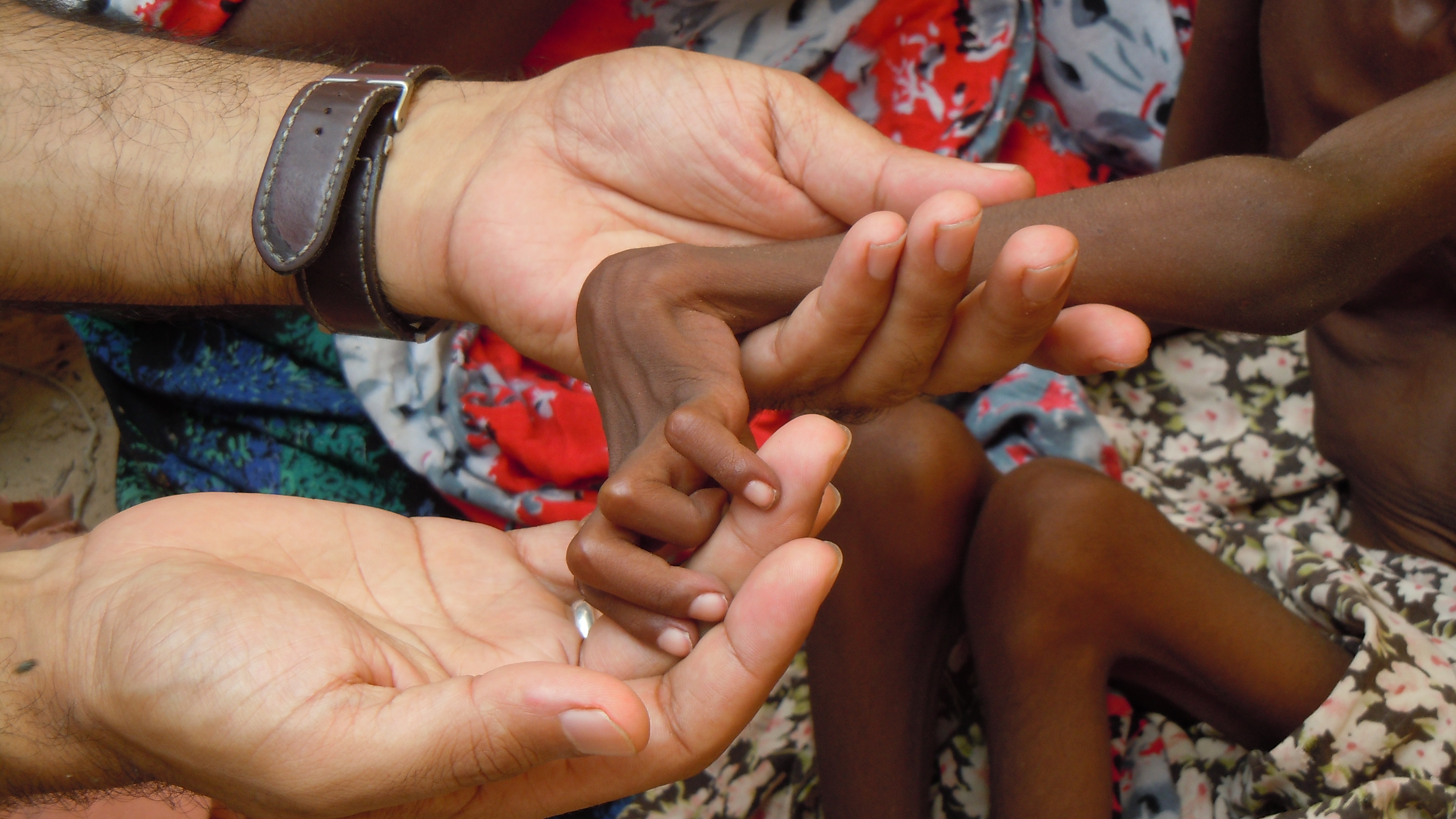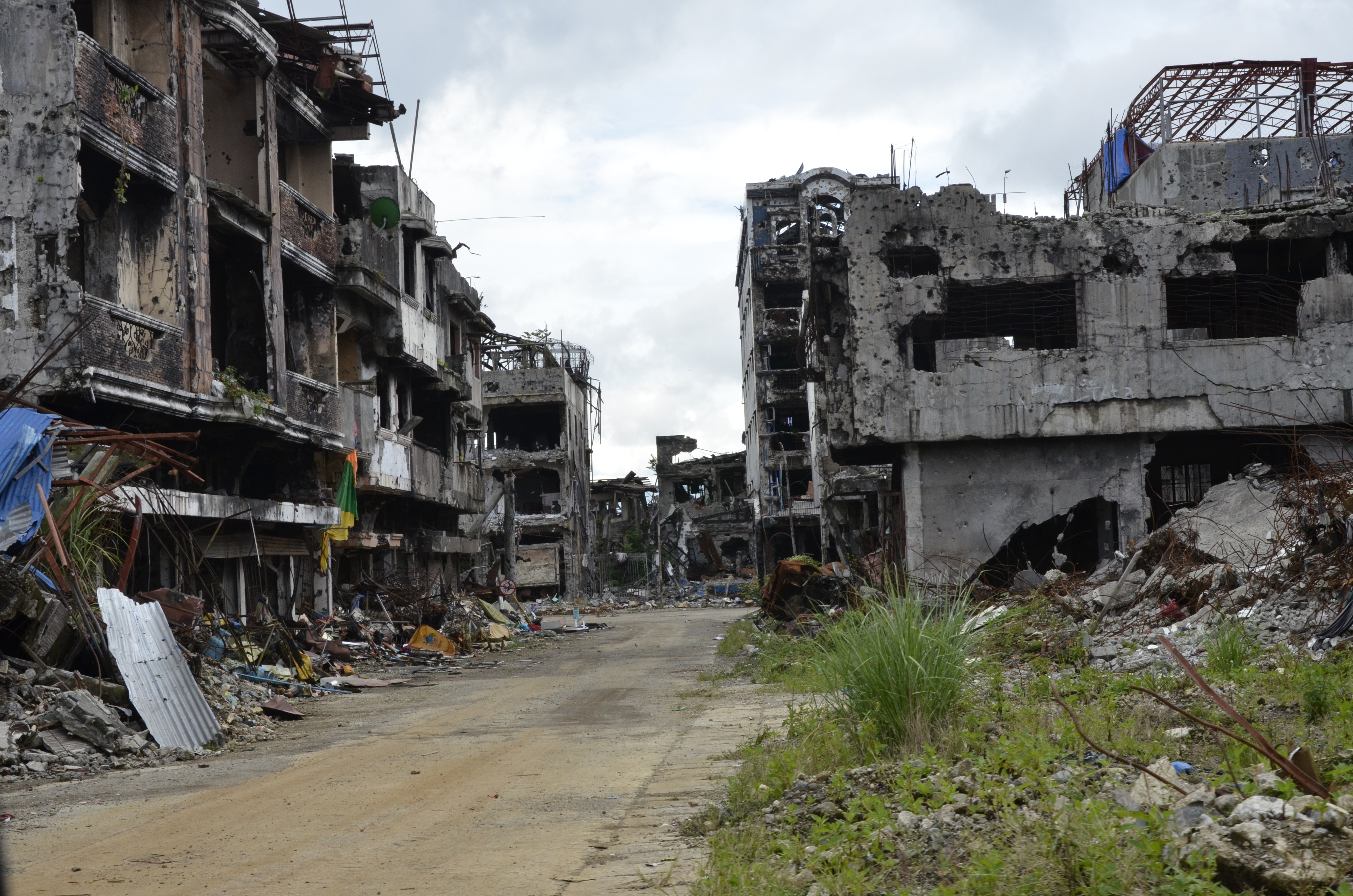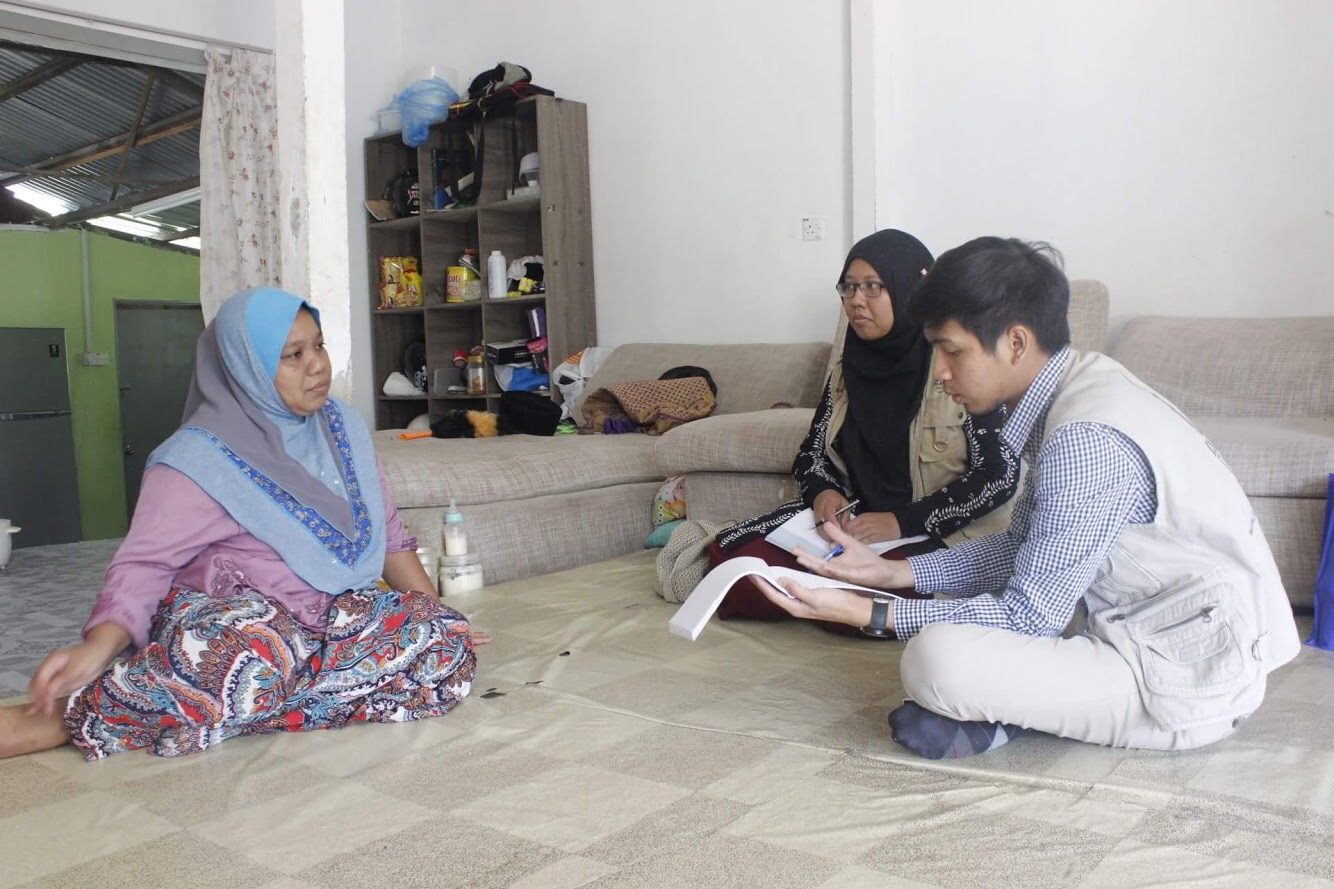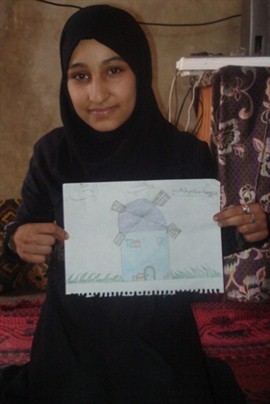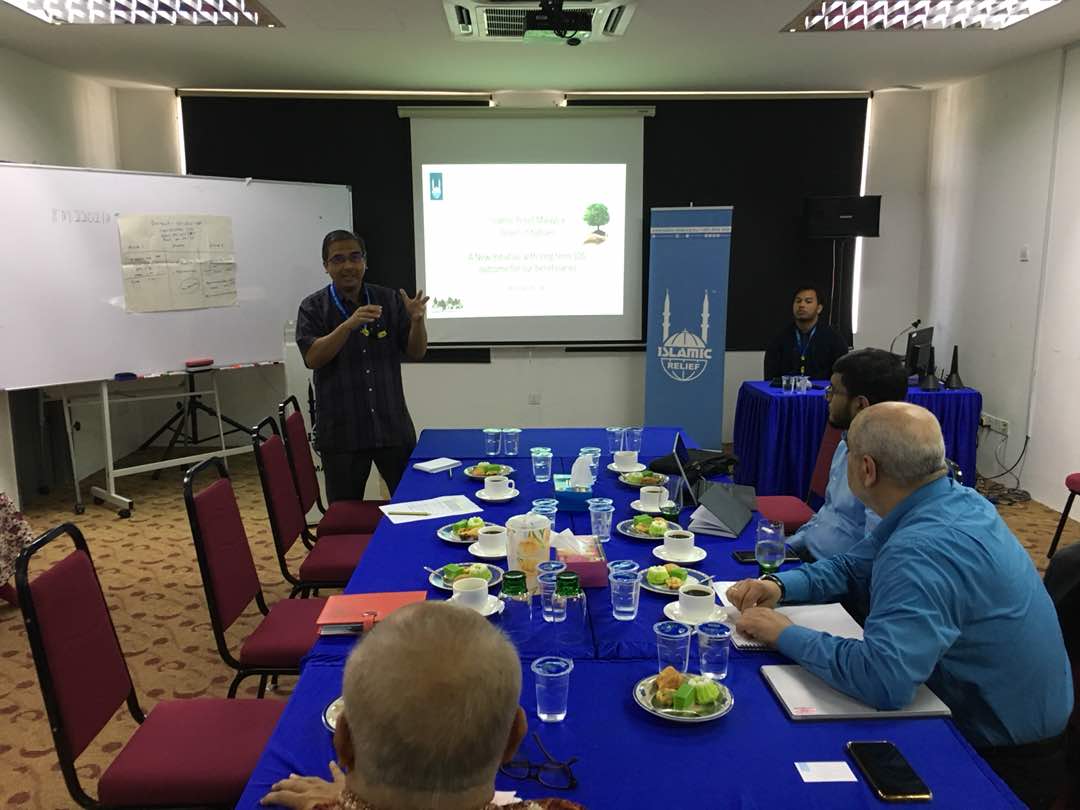The moment our tummy growls for some food, often times we run to the kitchen and open the fridge to see what’s best to kill the hunger we’ve been feeling for five minutes. However, has it ever crossed our mind that too many men across the globe are struggling very hard to feed their families and children a nutritious meal so they will not sleep in starvation? A report by United Nations Food and Agriculture Organization shows that statistics for hunger in the past two years have gone up to a whopping 815 million, where one out of nine people go to sleep with an empty stomach.
In fact, 10.7% out of that figure suffered from chronic undernourishment but surprisingly, almost all hungry people are residing in developing countries. If we go by quantity, the number of hunger cases in developing regions is 779.9 million where Asia contributes the highest figure by far, with 511.7 million cases. Comparatively, Oceania has the least figure for the case with only 1.4 million people experience hunger. The glaring question is, are they suffering from hunger by choice?
For many reasons, the presence of hunger in the world is often interconnected. Among the famous reasons is the change of climate and weather. Natural disasters such as floods, tropical storms, and continuous drought have become the main cause of hunger, all due to climatic changes and irregular pattern of weather. Essentially, drought is the leading cause of food shortage in the world. In 2011, poor rainfalls caused a major drop on farming activities and substantial livestock losses in parts of Ethiopia, Kenya, and Somalia.
What’s more to say when wars and conflicts consistently interrupt farming and food productions. Wars and conflicts have forced millions of people to leave their home, which led to food aid emergencies as the displaced people have no means to even feed themselves. The conflict in Syria is the best example to probe into. In another side of the world, civil war in South Sudan has caused mass displacement and abandoned fields. As a result, crop failures increased, in combination with a skyrocketing inflation rate that places imported food out of reach. The condition left 3.5 million people in starvation.
On top of that, poverty and hunger are interconnected. People living in poverty could not afford to buy nutritious food to feed themselves and their families. It makes their body weaker, as well as physically and mentally affected, hence they are not able to earn money that could help them prevent poverty and hunger. The effect can be visibly seen on children who are chronically malnourished as they often grow up to be adults without sufficient nutrients in their body.
There was a research conducted that estimates undernutrition in aggregate – inclusively fetal growth limitation, stunting, insufficiency of Vitamin A and zinc alongside suboptimum breastfeeding – is a cause of death for 3.1 million children annually or 45% of recorded child deaths in 2011. Besides, malnutrition can also be caused by certain diseases by downgrading the body’s ability to convert food into essential nutrients.
With food poverty becoming one of the biggest humanitarian issues in the world, change is still possible and there is a bit of hope to eradicate the problem. Hence, Islamic Relief Malaysia would like to encourage everyone to give alms to our channel implemented on the website as a call for World Hunger Day this year.



